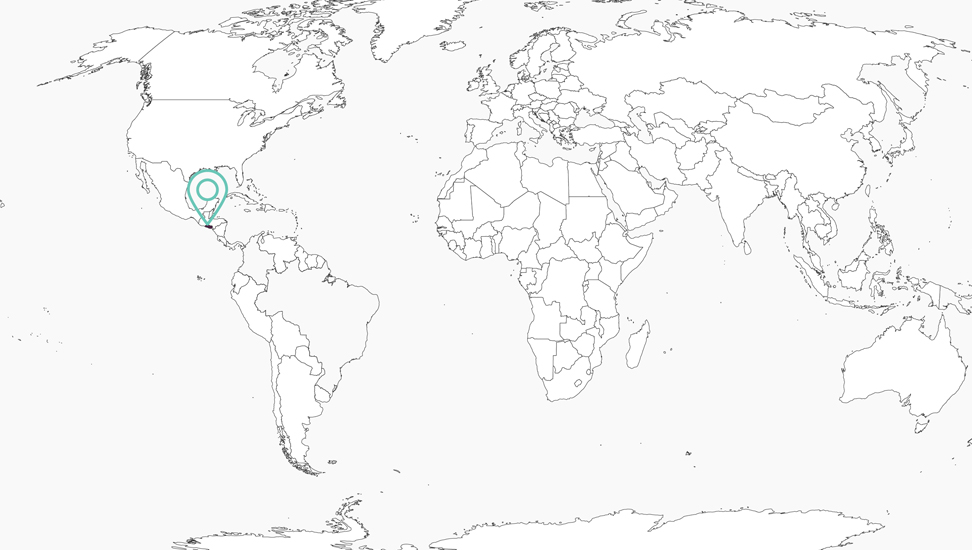Featured Coffee Fridays
Featured Coffee Fridays: El Salvador
We’re extra excited for this month’s featured coffee! We just got this El Salvador coffee two weeks ago and we can’t wait for you to try it! Something that makes it extra special is that it’s processed completely differently than our other coffees. (We’ll go more into the details of that next week.)
When it comes to flavors, you’ll enjoy chocolatey with a hint of toffee, citrus fruit and candy pecan; and it’s sweet with big acidity and a smooth mouthfeel.
Our El Salvador coffee comes from Carlos Mauricio Lemus Landaverde, a young producer who inherited his father’s 4-hectare farm. Carlos is following in his family’s footsteps with regards to quality. After picking,
El Salvador’s Coffee History
Known as “the land of volcanoes,” it’s the smallest Central American country (roughly the same size as New Jersey), but its reputation among specialty coffee growing regions has grown larger-than-life, especially since the early 2000s. While coffee was planted and cultivated here mostly for domestic consumption starting in the mid-1700s, it became a stable and significant crop over the next 100 years, notably increasing in national importance during the late 1800s, when the country’s indigo exports were threatened by the development and widespread marketability of synthetic dyes.
As coffee grew in economic importance, different government programs designed to increase production through land, tax, and military-exemption incentives created a small but strong network of wealthy landowners who gained control over the coffee market, in addition to the individual smallholders who were growing coffee as part of their subsistence farming and would sell their cherry to the larger estates or to mills.
By the late
It is often said that the Cup of Excellence competition, which came to El Salvador in 2003, was the beginning of the new “wave” of interest in Salvadoran coffee, shining the first light on some of the special varieties the small country grows.

